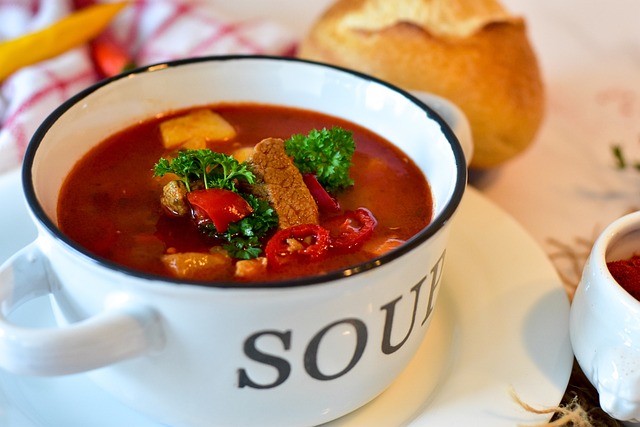Can Your Diet Make You Sweat?
Can Your Diet Make You Sweat?

Can Your Diet Make You Sweat?
Sweating is a natural bodily function that helps regulate body temperature and eliminate toxins. While physical activity and environmental factors often come to mind as triggers for sweating, your diet can also play a significant role in how much you sweat. In this comprehensive guide, we will delve into the connection between your diet and perspiration, uncovering the foods that can make you sweat more and those that can help keep you fresh.
Understanding the Science of Sweating
Before we explore the impact of your diet on sweating, it's essential to understand the science behind this bodily function. Sweating is the body's way of cooling down when it gets too hot. The process involves the release of sweat, mostly composed of water and electrolytes (sodium, potassium, chloride) from sweat glands in your skin. When this sweat evaporates from your skin's surface, it cools you down.
3 Foods That Make You Sweat
Spicy Foods
One of the most well-known connections between diet and sweating is the consumption of spicy foods. Capsaicin, the compound responsible for the heat in chili peppers, can increase body temperature, leading to more significant sweating. Spicy foods can also trigger a release of endorphins, which might make you feel hot and sweaty. If you enjoy spicy dishes, this may be a side effect you're familiar with.
Alcohol
Alcohol is another substance that can make you sweat more. It's a diuretic, meaning it increases urine production and, consequently, the loss of fluids from your body. This can lead to dehydration, which triggers your sweat glands to work harder to cool you down. If you've ever felt sweaty and flushed after a night of drinking, it's due to the dehydrating effects of alcohol.
Caffeine
Caffeine, a central nervous system stimulant found in coffee, tea, and some sodas, can also increase your heart rate and body temperature. These effects can lead to sweating, especially in individuals sensitive to caffeine. It's essential to stay hydrated when consuming caffeinated beverages to help mitigate this effect.
Tips for Managing Sweating
If you're someone who enjoys spicy foods, indulges in the occasional alcoholic beverage, or relies on a cup of coffee to kickstart your day, there are ways to manage the sweating that may come with these dietary choices. Here are some tips:
- Stay Hydrated: Drink plenty of water when consuming alcohol or caffeine to counteract the dehydrating effects.
- Limit Spicy Foods: If you're not a fan of excessive sweating, consider reducing your intake of extremely spicy dishes or using milder seasonings.
- Wear Breathable Fabrics: Choosing breathable, moisture-wicking clothing can help manage sweat when you know you'll be indulging in spicy foods or alcohol.
- Cool Down: If you do find yourself sweating excessively due to your diet, take a break in a cooler environment or have a refreshing shower to lower your body temperature.
Foods That Can Help Reduce Sweating
While some foods can contribute to increased sweating, others can help keep you feeling fresh. Incorporating these into your diet can have a positive impact on your perspiration levels:
- Water-Rich Foods: Fruits and vegetables like watermelon, cucumber, and celery have a high water content, which can help keep you hydrated and regulate body temperature.
- Leafy Greens: Spinach and kale are rich in magnesium, which can help regulate the activity of your sweat glands.
- Citrus Fruits: Oranges and lemons contain vitamin C, which helps control body temperature and reduce sweating.
- Oats and Whole Grains: These foods are a good source of vitamin B, which can aid in reducing excessive sweating.
- Yogurt: Probiotics in yogurt can help balance the body's internal temperature, potentially reducing the need to sweat excessively.
Conclusion
In summary, your diet can influence how much you sweat. Spicy foods, alcohol, and caffeine can all lead to increased sweat while hydrating foods and those rich in some vitamins and minerals can help keep your body cool. Understanding this connection can help you make informed choices about what you eat and drink, ultimately leading to a more comfortable and sweat-free lifestyle. It's essential to strike a balance between enjoying your favorite foods and managing the effects they may have on your body's cooling system.
